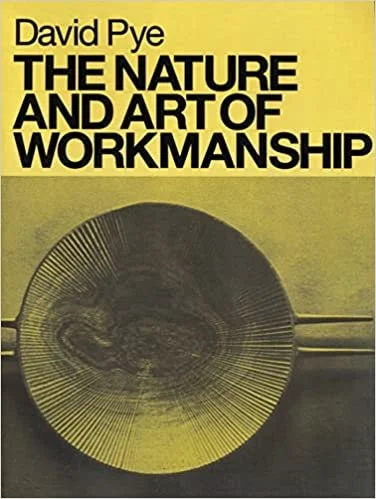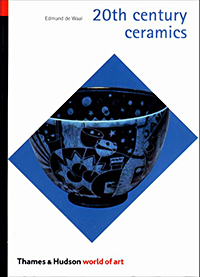read
“If a man is doing something that seems to him to be significant he must expect to be called on by his contemporaries to explain himself. It is natural for him to feel on the defensive, but if he is armed with a belief in his work and can see signs that ideas cognate with his own are simultaneously beginning to appear in the world around him, he will feel that he is defending himself among friendly rather than hostile critics….
“In the Age of Technology he may feel he is unwanted, and out of touch with his contemporaries. He may be told that the arts, or at least those which involve making utensils by hand, have no place in the modern world. But technology properly understood is simply an instrument for the humanising of matter. If in the utensils which emerge from the machine the material is unsatisfying and inhuman, it proves not necessarily that it is a mistake to produce utensils by the million but that the process of producing them is still imperfect, still not sufficiently humanised….
“He will feel isolated, and will not be able to sustain his confidence long enough to do anything useful unless he can give it a secure intellectual base.”
Michael Cardew, Pioneer Pottery - “The Product”
“I remember seeing a tea bowl in one of the textbooks, and I didn’t know why it was important, I mean I didn’t know why there was a full colored plate of this little dumpy bowl. But by the same token I was intrigued that it was there. What was it that was important about it?….There was fascination in the ability of the object to act in a subtle understated way, of grabbing you and not letting go….You had to change your mind in order to come to grips with it. That process was interesting to me. It’s not just the work but it’s that intellectual, spiritual, and psychological process that causes a human being to change the way that they think about something. It moves them from this point to that point.”
Rob Barnard, A Search for Relevance - “A Classic Potter in Virginia” Interview with Mary Swift

























































